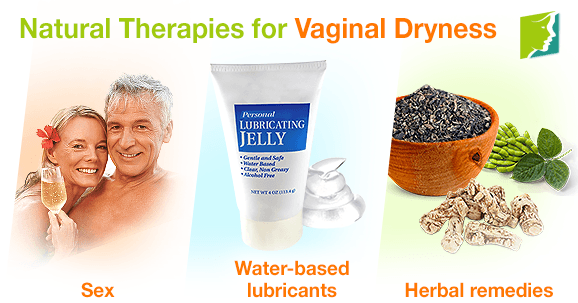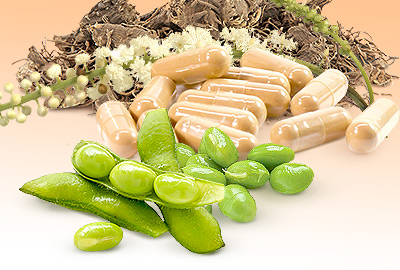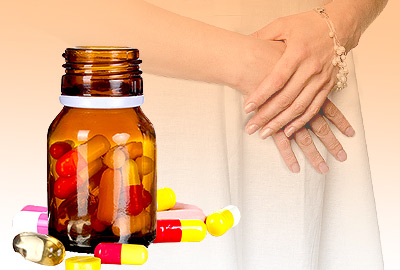During menopause, women may experience symptoms caused by a decline in estrogen levels. One of the most common symptoms is vaginal dryness. Around 75% of women going through menopause experience vaginal dryness. There are many triggers that may exacerbate menopausal vaginal dryness, which can be treated once they are identified.
Causes of Vaginal Dryness
A women age, hormone fluctuations cause changes in vaginal moisture levels. Normally, the fluid is clear and odorless, and during sexual activity, Bartholin's glands produce clear secretions. This process, however, relies on progesterone and estrogen levels, so when these hormones decrease, fewer secretions are produced, and vaginal dryness can occur.
Other factors that can contribute to vaginal dryness include:
Medications
Cold and allergy medicines can cause vaginal dryness because they dry out all membranes in the body. Some medicines, such as some treatments for breast cancer, lower estrogen levels, which can cause vaginal dryness.
Hygiene products
Soaps and douches can affect the tissue and moisture of the vagina. These products dry out the vagina, upset the vagina's pH level, and increase a woman's risk of getting at yeast infection or another disease that affects the area. The vagina cleans itself naturally, so you should not have to use anything more than warm water to clean it.
Relationship problems
Not feeling attracted to your partner, or having a lack of trust or other relationship issues, may cause a woman to have problems feeling aroused, which can lead to vaginal dryness. It is important to talk to your partner about how you feel, and many couples see a therapist to help them work through relationship problems.
The Approaches
Treatments for vaginal dryness include:
Sex and arousal
Sexual activity keeps the blood flowing to the pelvic area, which can increase moisture levels. It is important to include foreplay into sexual activity and other forms of intimacy outside of penetrative sex. This will help your body to naturally create moisture and help you to enjoy sex more.
Lubricants
It is often recommended to use lubricants during sex, because lube reduces friction, which can in turn reduce discomfort and pain. Water-based lubricant is usually the best option, because these types do not tend to break condoms or increase risk of infection, unlike oil-based lubricants.
Herbal remedies
Many women use herbal supplements such as black cohosh, dong quai, and soy in order to treat menopause symptoms like vaginal dryness. In addition, make sure you talk with your doctor before starting any herbal supplement.
It is a good idea to see a doctor if vaginal dryness is lowering the quality of your life or does not subside. Click on the following link to learn more about vaginal dryness treatments.
Sources
- Mayo Clinic Staff. (2012). Vaginal Dryness. Retrieved October 15, 2015, from http://www.mayoclinic.org/diseases-conditions/vaginal-dryness/basics/definition/con-20029192
- National Institutes of Health. (2015). Vaginal Dryness Alternative Treatments. Retrieved October 15, 2015, from https://www.nlm.nih.gov/medlineplus/ency/article/002142.htm



